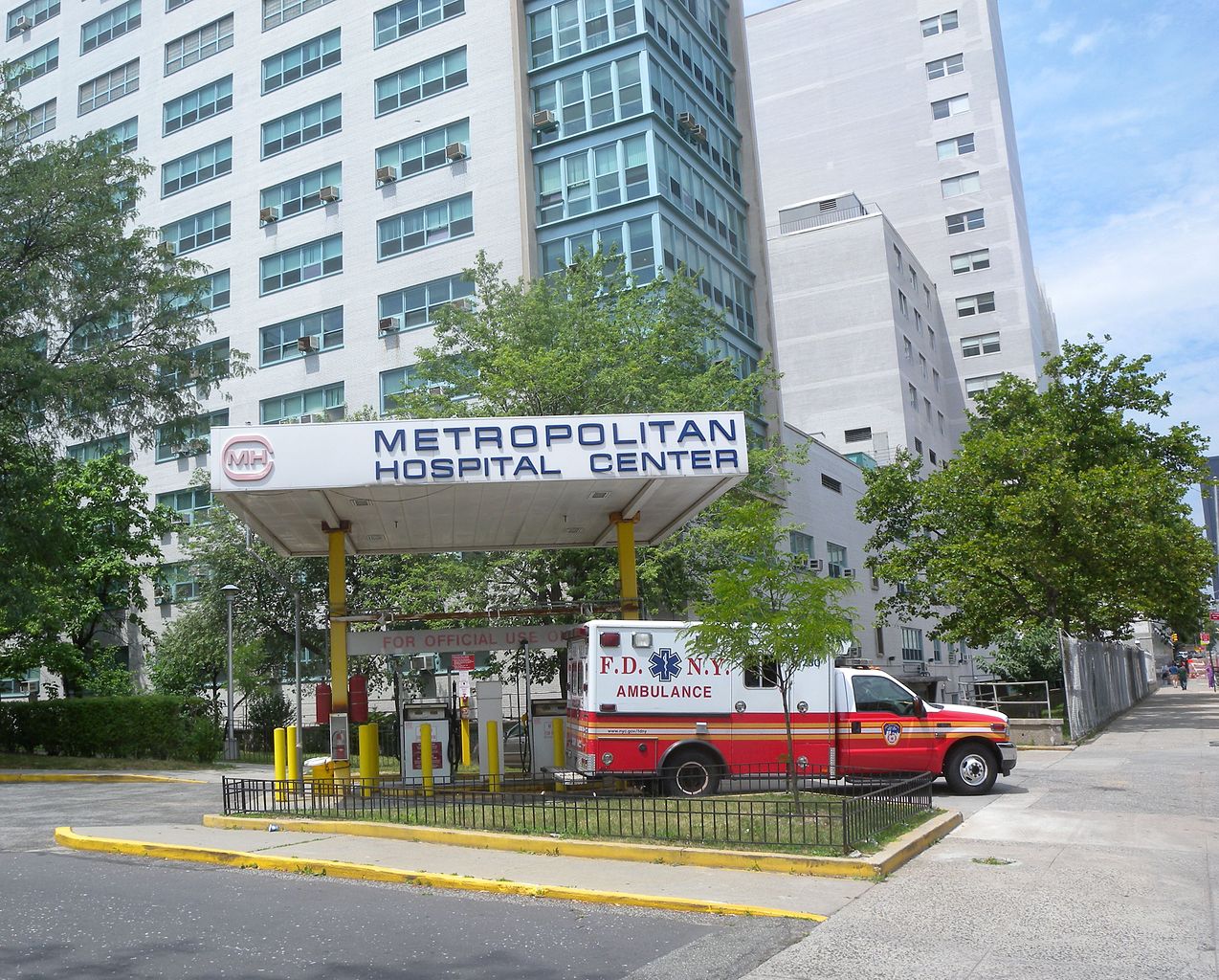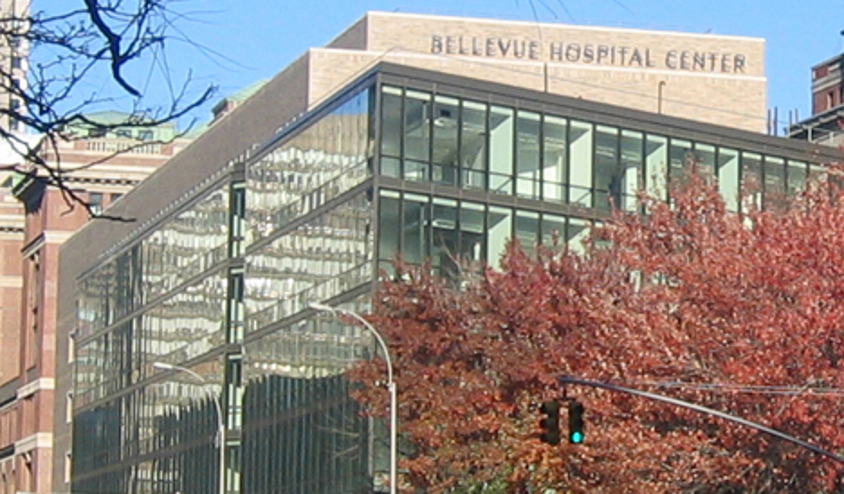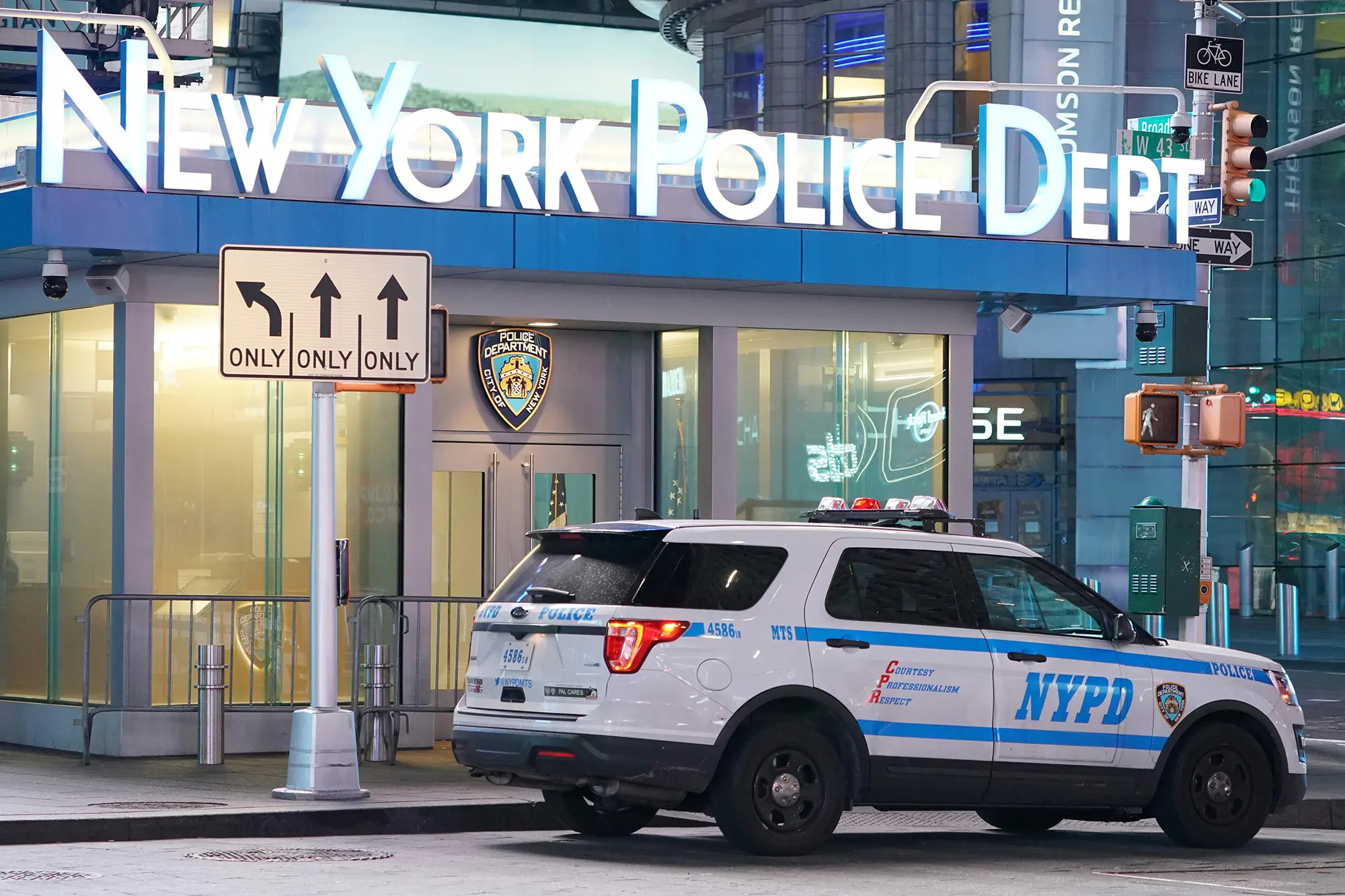
Manhattan Rehab Center Resources For Addiction and Dual Diagnosis Recovery
Local Resources & Information for Addiction Treatment. If you are in the Manhattan area and need help now, call today!

Recovery for Drug & Alcohol Addiction is Possible in Manhattan
Manhattan may be known for its towering skyscrapers, bustling streets, and endless entertainment options, but it also faces a significant challenge in the area of substance abuse. Despite this issue, there is hope for individuals suffering from addiction.
With access to practical resources and effective interventions, individuals or family members struggling with mental and substance use disorders can find the healthcare they need to heal.
Types of Addiction Treatment Available at Manhattan Treatment Centers
Treating addiction can be a complex process, and there are a variety of approaches that may be used to help individuals achieve lasting recovery. From detox to intensive outpatient recovery programs, a full-continuum of care embraces a long-term view. In Manhattan, some of the most common treatment options include:
How to Choose a Manhattan Rehab Center
Trying to help yourself or a loved one overcome drug use or alcohol addiction can be a difficult undertaking. And it becomes even more challenging when it’s time to choose a rehab center that fits your needs. Below are some tips to help you choose the right rehabilitation center:
Here are some factors to consider when choosing a recovery center in Manhattan:
-
Research Different Rehab Centers
No two rehab centers are created equal, which is why you should start your search by researching different treatment services available in Manhattan. Look up websites and read about their programs, facilities, and staff. Check their accreditations and reviews, and get in touch with them to ask pertinent questions.
-
Determine Your Needs
When trying to select a rehab center, you need to understand the individual’s drug of choice and the level of treatment required. Some rehab centers specialize in specific drug addictions, while others offer a broad range of services. You also need to consider if you need detoxification services, outpatient or inpatient services.
-
Check Insurance Coverage
Certain rehabilitation services can require significant financial investments, which is why you should check the rehabilitation centers’ insurance coverage. Speak with your current insurance provider to determine what is covered and what is not.
-
Meet with the Rehabilitation Center Staff
Another essential factor to consider is the expertise of the rehabilitation center’s staff. Speak with the professionals in the facility and see if they have the resources to cater to your specific needs. Check their qualifications, years of experience, philosophy, and treatment approach to make sure you’re comfortable with their approach.
Sober Living Houses in Manhattan
After substance abuse treatment at a recovery center, the transition to daily routines begins. Manhattan is home to numerous sober living houses that offer a secure and encouraging environment for individuals to transition back to their normal lives. These facilities provide peer support groups, counseling sessions, and various services that aid individuals in maintaining sobriety and rebuilding their lives.
Sober living houses are also incredibly helpful for those who require outpatient services or social support as they continue their recovery process and embrace a new way of life.
No single approach suits everyone when it comes to addiction treatment. That’s why we tailor our treatment plans to fit your specific requirements. Whether you prefer inpatient or outpatient treatment, medication-assisted treatment, group therapy, or cognitive behavioral therapy, we work alongside you, your loved ones, and your provider to ensure that you receive the high-quality care you deserve.
Contact Admissions Today

Emergency Services for Addiction in Manhattan



New York City Police Department - 17th Precinct
167 E 51st St, New York, NY 10022
Open 24 Hours

Community Resources for Mental Health, Addiction & Wellness

Local Stats You Need to Know
Drug overdose deaths in Manhattan have seen an alarming rise in recent years, according to the New York City Department of Health and Mental Hygiene. In 2020, the city recorded a ten-year increase in overdose deaths from 5.9 overdose deaths per 100,000 people in 2010 to 22 overdose deaths per 100,000 people in 2020—that’s more than four times the first rate.[3]
This trend of increasing drug overdose deaths – 120,000 worldwide and 47,000 in the U.S. per year – highlights the need for adequate resources to tackle drug addiction and overdose prevention[4] in the region. The prevalence of fentanyl in drug overdose deaths in Manhattan suggests a need for greater awareness of the dangers of using synthetic opioids and for increased access to treatment and resources for people struggling with addiction.
Help for Addiction in Manhattan is Available
Don’t let addiction take control of your life. If you or a loved one is struggling with addiction, contact us today to learn more about our comprehensive treatment options and compassionate care available in your area. Let’s restore balance and well-being together.

Paying For A Rehab Center in Manhattan
Manhattan offers a variety of addiction treatment options that cater to various financial situations when dealing with treatment providers. Depending on your insurance, you can access free or low-cost resources that will help you or your loved one overcome addiction. It’s crucial to research and weigh all options before committing to a particular type of care.
There are numerous insurance carriers that offer addiction treatment coverage with approved healthcare providers in Manhattan. Some of the common names are Aetna, Blue Cross Blue Shield, Cigna, Magellan, Optum, Humana, and Ambetter. It’s always recommended to check with your insurance provider to know the extent of your coverage and the resources or referrals at your disposal.
Frequently Asked Questions About Attending Rehab in Manhattan
Yes. In order to receive treatment at a Manhattan-based rehabilitation center, you must be 18 years of age or older and have the legal capacity to give informed consent for treatment.
Common treatments include detoxification, group and individual therapy, medication-assisted treatments (MAT), holistic approaches such as yoga and meditation, recreational activities, life skills training, and relapse prevention. The best option for you, whether short-term rehabilitation or long-term care, will be determined by your initial assessment and individualized treatment plan.
The duration of your stay often depends on your individual needs. Generally speaking, treatment can last anywhere from 30-90 days for residential treatment and up to 1 year for outpatient programs.
The cost of treatment will vary depending on the type and length of care. Most treatment facilities accept insurance, which can greatly reduce the out-of-pocket cost of treatment. Additionally, many facilities offer a sliding scale fee system to better accommodate those with limited financial resources.
Other Nearby Locations
[1] U.S. National Library of Medicine. (n.d.). Opioid addiction: Medlineplus genetics. MedlinePlus. Retrieved from https://medlineplus.gov/genetics/condition/opioid-addiction/
[2] Chapman, A. L. (2006, September). Dialectical behavior therapy: Current indications and unique elements. Psychiatry (Edgmont (Pa. : Township)). Retrieved from https://www.ncbi.nlm.nih.gov/pmc/articles/PMC2963469/
[3]Continuing crisis: Drug overdose deaths in New York. Office of the New York State Comptroller. (n.d.). https://www.osc.ny.gov/reports/continuing-crisis-drug-overdose-deaths-new-york
[4] National Center for Biotechnology Information. (n.d.). Retrieved from https://www.ncbi.nlm.nih.gov/books/NBK553166/











